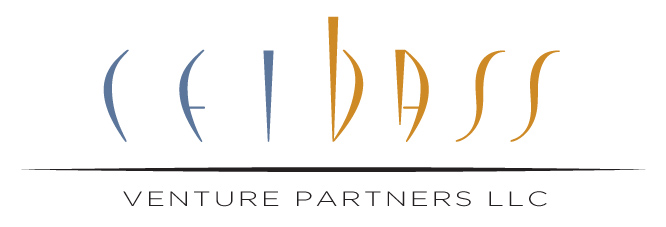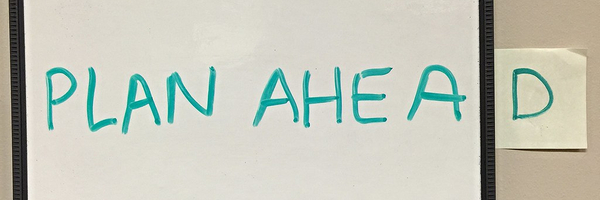This is the time of year when many lawn & landscape companies start to slow down and begin their 2020 planning.
“First of all, I want to congratulate all those companies for engaging in serious, yearly planning,” said Tom Fochtman. “Many firms do not take on the costs – time, energy, money and lost opportunities – to plan effectively. They are short sighted, not willing to invest the money, spread too thin, and may not have a strong executive team to pull it off. But do it anyway…take on the costs, and learn the skill of imagining a better future, strategizing to produce it, and then executing the strategy and making it a reality. We surveyed the team here at Ceibass and below are more tips to make your planning more productive.”
Remember that the ultimate purpose of planning is to enhance enterprise value. Make sure you are “building a better company” with every strategy and tactic you devise.
Set SMART goals: SMART stands for Specific, Measurable, Attainable, Relevant and Timed. Setting SMART goals improve your thinking, your ability to track progress, and your ability to adjust on the fly. Plus because everything is timed, there is a deadline, so velocity picks up.
Make sure your annual goals “nest” in a longer horizon of time such as your 3 or 5 year plans. Your yearly interim goals need to help you accumulate the knowledge and capacity to reach your longer term goals.
The ability to set goals, and then achieve them in up and down markets is what distinguishes a successful management team. At Ceibass, we have seen higher multiples for management teams that have developed the skill of planning and the ability to execute those plans. And we have seen the reverse.
Make sure every goal you set makes you more effective, strategic and competitive. Do not try to do too much. Less is more when it comes to action plans. Just make sure that whatever actions you take give you the most bang for the buck.
Aim your planning to produce competitive advantages and superior value. Know what your competitors are offering so you can beat their offers. Plan to win. That’s where the bar is set.
Fundamentally, planning is an exercise in humility. It suggests that you lack capacity in some way and that you are going to re-organize your teams’ actions to attain our goals. Humbleness is the appropriate mood to be in for planning, as opposed to being arrogance, prideful or full of your self.







